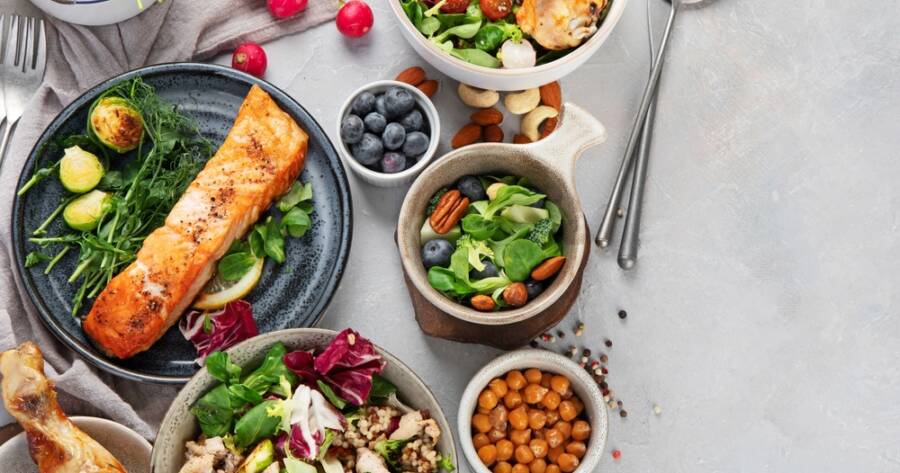Inflammation is the body’s natural response to injury or infection—a vital part of the healing process. But when inflammation becomes chronic, it can silently damage your body over time, contributing to conditions such as heart disease, diabetes, arthritis, and even certain cancers. The good news? What you eat can play a significant role in reducing this chronic inflammation. By incorporating anti-inflammatory foods into your diet, you can support your health and potentially ward off disease.
What Is Chronic Inflammation?
Unlike acute inflammation—your body’s immediate, short-term response to a cut or illness—chronic inflammation lingers. It can be triggered by factors like poor diet, stress, lack of exercise, smoking, and environmental toxins. Over time, this ongoing inflammatory state puts stress on your body and may lead to a range of health problems.
Fortunately, one of the most effective ways to combat inflammation is through diet. Certain foods can naturally reduce inflammation, while others can make it worse. Focusing on whole, nutrient-dense foods can help restore balance in the body and promote overall well-being.
Top Anti-Inflammatory Foods to Include
Fatty Fish
Salmon, sardines, mackerel, and other oily fish are rich in omega-3 fatty acids, which are well-known for their anti-inflammatory properties. These healthy fats help lower the production of inflammatory molecules and have been linked to reduced risk of heart disease and improved brain health.
Leafy Greens
Vegetables like spinach, kale, and Swiss chard are loaded with antioxidants, vitamins, and polyphenols that help fight inflammation. They’re also high in fiber, which supports gut health—a key component of immune regulation.
Berries
Blueberries, strawberries, raspberries, and blackberries are packed with antioxidants like anthocyanins, which help reduce oxidative stress and inflammation in the body. Regular consumption of berries has been linked to a lower risk of chronic diseases.
Turmeric
This vibrant yellow spice contains curcumin, a powerful anti-inflammatory compound. Curcumin has been shown to reduce inflammation in the joints, improve symptoms of arthritis, and support overall immune function. Combining turmeric with black pepper enhances absorption for better effectiveness.
Nuts and Seeds
Almonds, walnuts, chia seeds, and flaxseeds are rich in healthy fats, fiber, and antioxidants. These help reduce inflammation and support heart health. Just a small handful a day can make a meaningful impact.
Olive Oil
Extra virgin olive oil is a staple of the Mediterranean diet and is high in monounsaturated fats and anti-inflammatory compounds. It has been shown to lower levels of C-reactive protein (CRP), a marker of inflammation in the blood.
Green Tea
This ancient beverage is rich in polyphenols, particularly EGCG, which have anti-inflammatory and antioxidant effects. Drinking green tea regularly has been linked to reduced risk of heart disease, cancer, and neurodegenerative diseases.
Foods to Avoid
Just as some foods reduce inflammation, others can trigger or worsen it. Highly processed foods, refined sugars, trans fats, and excessive alcohol can all contribute to inflammation. Reducing your intake of sugary drinks, fried foods, processed meats, and white bread can help keep inflammation in check.
Why It Matters
Incorporating anti-inflammatory foods into your diet is more than just a health trend—it’s a long-term investment in your well-being. A diet rich in these foods can help:
- Improve energy levels and mental clarity
- Strengthen immune function
- Lower risk of chronic diseases
- Promote healthy aging
- Support weight management
What you eat has the power to influence how you feel and function every day. Making small, consistent changes in your diet can add up to big health benefits over time.
Eat Well, Feel Better
Fighting chronic inflammation doesn’t require a complicated plan—it starts with simple choices at the grocery store and on your plate. By choosing more anti-inflammatory foods and cutting back on inflammatory triggers, you can enhance your quality of life, boost your energy, and support a healthier future. Let food be your ally in the journey toward lasting wellness.

